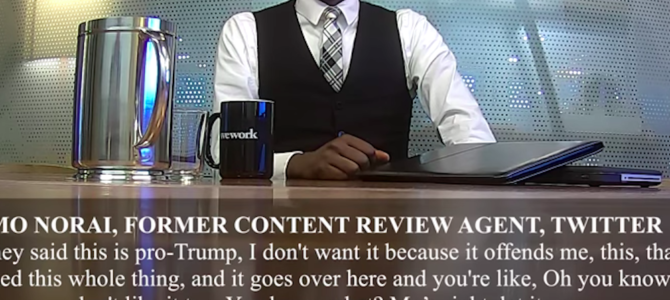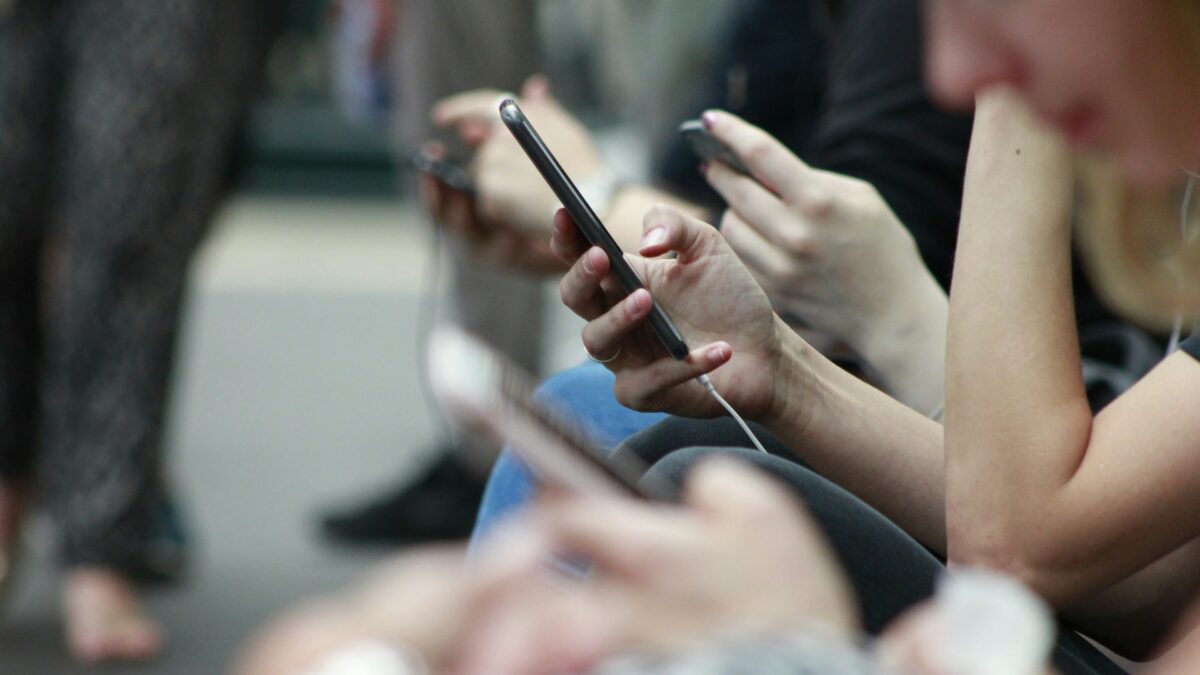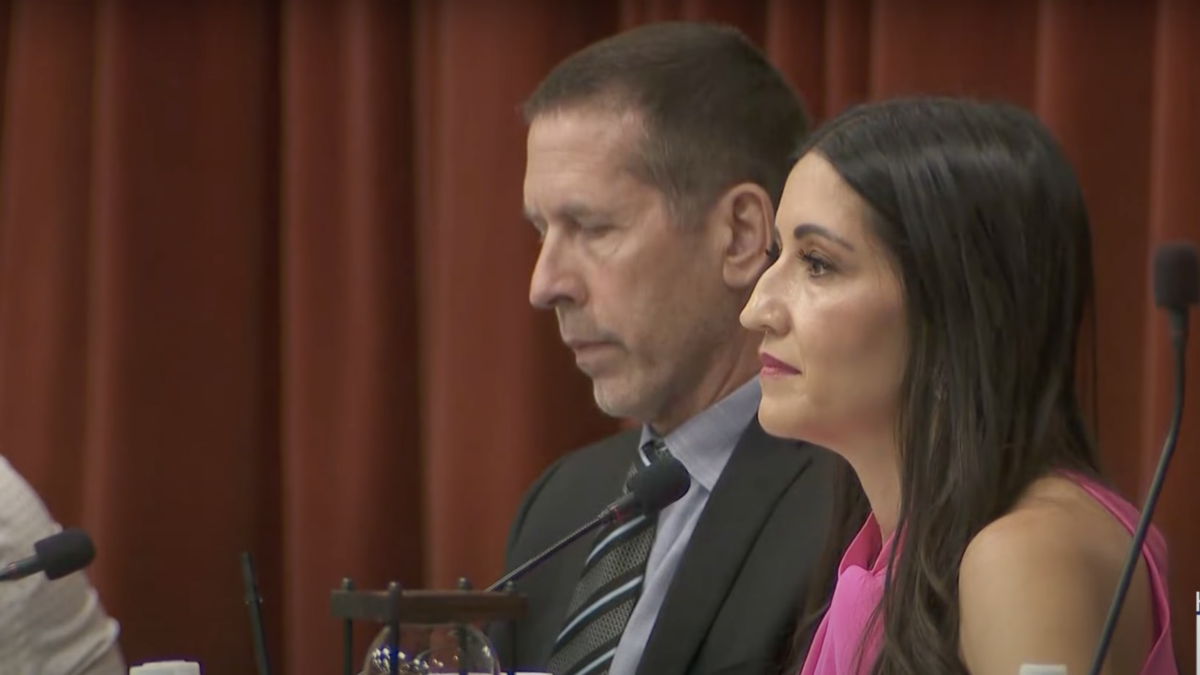Newly released undercover video footage from Project Veritas shows current and former Twitter employees bragging about their ability to censor people on the platform whose political opinions they don’t like.
“One strategy is to shadow ban so you have ultimate control,” a former Twitter software engineer, Abhinov Vadrevu, says in the video. “The idea of a shadow ban is that you ban someone but they don’t know they’ve been banned, because they keep posting and no one sees their content. So they just think that no one is engaging with their content, when in reality, no one is seeing it.”
“You just sort of turn off all the features for them,” Vadrevu continues. “They still see everything, it’s all there. You can like it, favorite it, or you can like retweet, or whatever. But at the end of the day, no one else interacts. No one else sees what you’re doing.”
Vadrevu also worries in the video that news of the tactic would earn Twitter bad press if it ever became public, and called it a “risky strategy.” “I definitely know Reddit does this,” he adds. “But I don’t know if Twitter still does it.”
Project Veritas — an organization that routinely releases undercover video footage using methods that have garnered controversy — has had its own issues with the social media platform. Its president James O’Keefe, whose Twitter account has more than 363,000 followers, was rejected for verification last year.
The conversation between the engineer and undercover reporters was recorded at a restaurant on January 3.
In a conversation at a restaurant on December 1, another former Twitter engineer, Conrado Miranda, says it’s “a thing.” Miranda explained that one of the filters that sort which tweets are seen by its users minimizes some posts written by Trump supporters, or by users that express conservative ideas.
And in another conversation between a Project Veritas reporter and a Twitter direct messaging engineer, Pranay Singh, which was recorded at a San Francisco bar January 5, Singh says the U.S. government routinely pressures Twitter to suspend or tamp down the reach of certain people’s accounts.
When asked why the account belonging to outlaw leaker Julian Assange, who is wanted by the Swedish government for sexual assault charges, is not verified and recently went dark, Singh says it’s probably due to the U.S. government pressuring the company. The Twitter engineer also explained that the company frequently uses tools to eliminate bots on accounts that are sympathetic to Trump and that have a lot of followers with guns, crosses, or American flag emojis in their bios or timelines.
“Like who says that?” Singh said. “Who talks like that? That’s for sure a bot.”
“Yeah you look for Trump, or America, and you have like five thousand keywords to describe a redneck,” he adds. “Then you look and parse all the messages, all the pictures, and then you look for stuff that matches that stuff.”
An exchange between Singh and Project Veritas reporters during the 10:25 – 12:25 minute mark of the video is particularly damning. The engineer explains that the company assigns certain values to certain things people tweet. For example, a tweet mentioning Trump could have an assigned value of .5 and a photo of a gun could have an assigned value of 1.5, and if an account has a value above an arbitrarily set amount, it’s determined a bot and it gets deleted.
Someone identified as Twitter software engineer Steven Pierre talked in the video about a new secret feature Twitter is working on to censor or stop negative interactions.
“Every single conversation is going to be rated by a machine and the machine is going to say whether or not it’s a positive thing or a negative thing,” Pierre said. “It’s not going to ban the mindset, it’s going to ban, like, a way of talking.”









